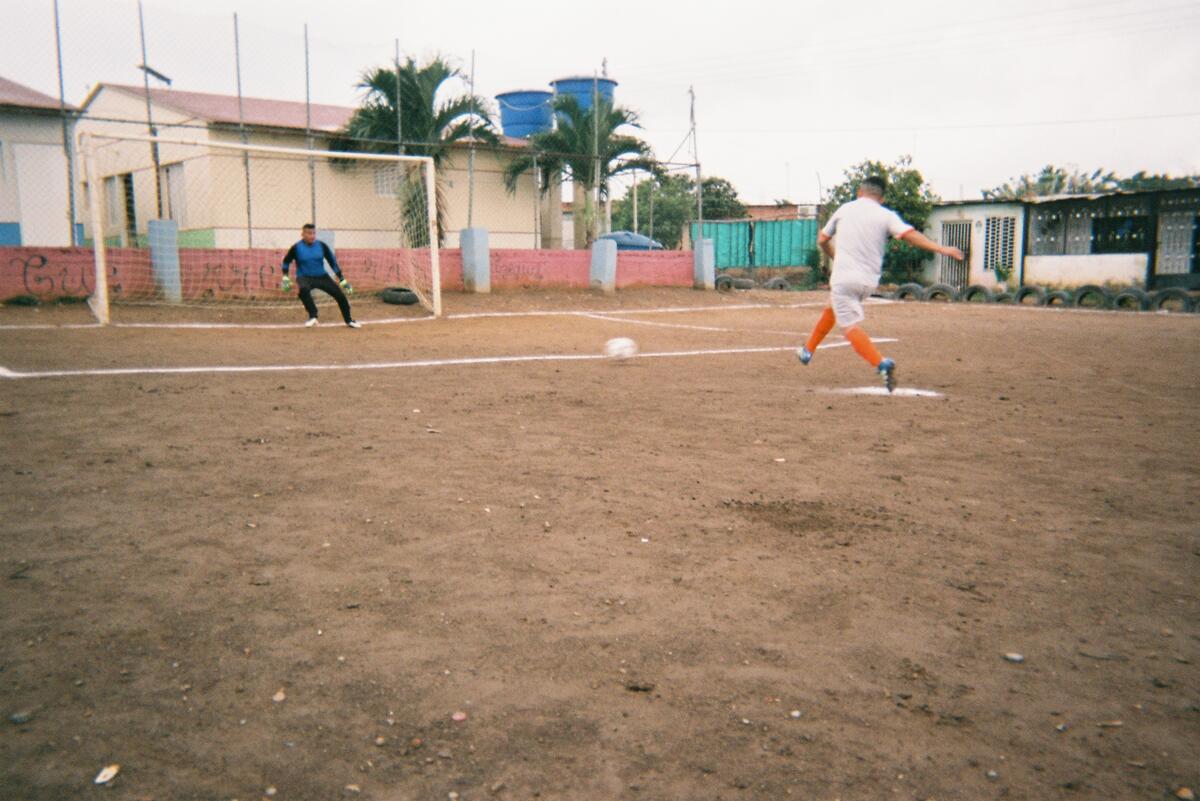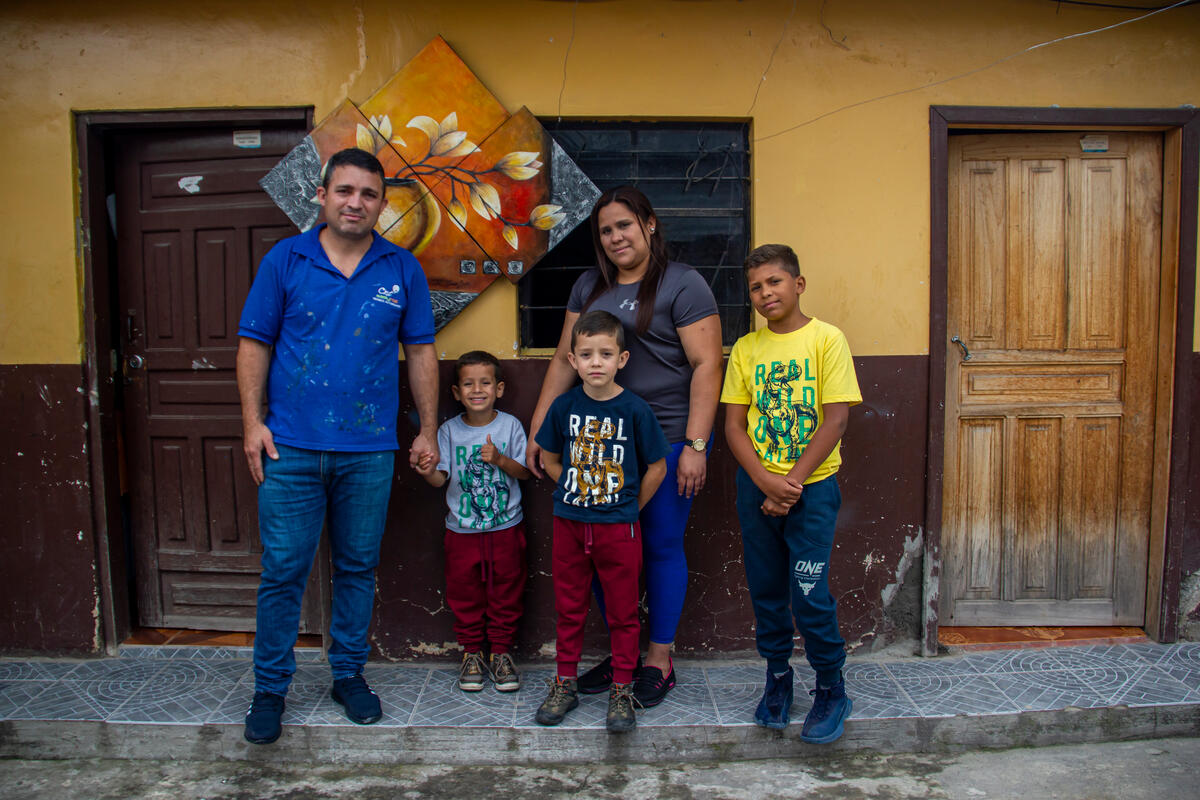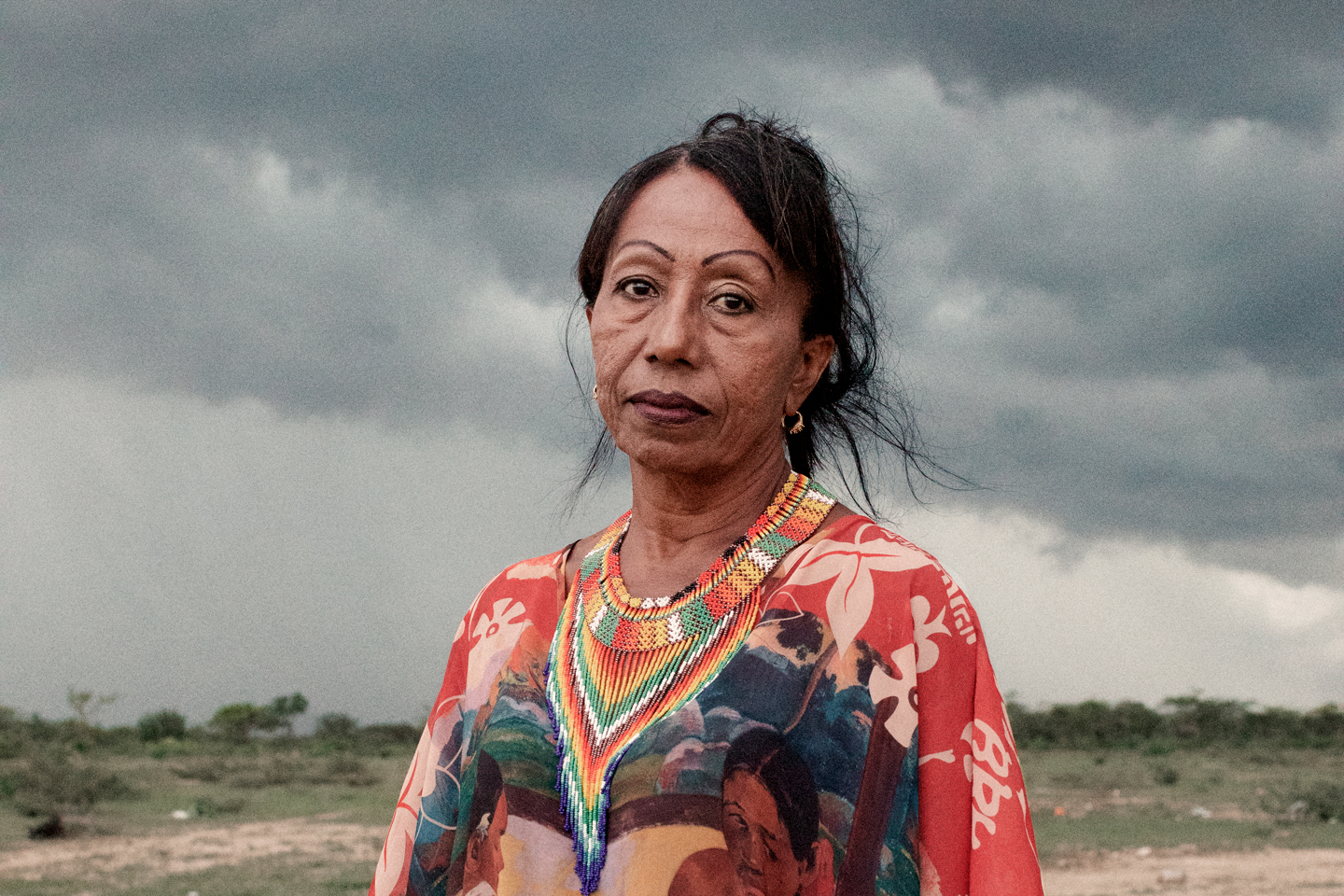UNHCR concerned about conflict in Colombia's border areas, but urges neighbours to keep borders open
UNHCR concerned about conflict in Colombia's border areas, but urges neighbours to keep borders open

CARACAS, Venezuela, November 8 (UNHCR) - As Colombia's civil conflict intensifies in border areas - driving record numbers of asylum seekers into Ecuador and affecting security in Venezuela - the UN refugee agency has appealed to Colombia's neighbours to continue granting fleeing Colombians access to their territories and asylum procedures.
In recent months, heavy fighting has been reported between the Colombian army and irregular armed groups and between right- and left-wing irregular forces in Colombia's border areas. Affected areas include Putumayo (bordering Ecuador), Chocó (bordering Panama), and Arauca, César and Norte de Santander (bordering Venezuela). While displacement in these areas remains mostly internal, there has also been an increase in cross-border movements, particularly towards Ecuador.
In October, some 1,200 persons requested asylum in Ecuador - the highest monthly figure registered since UNHCR opened its office there in January 2000. So far this year, Ecuador has received nearly 5,000 asylum claims. The largest increase in the number of new asylum claims was seen in the northern province of Sucumbíos (bordering the Colombian province of Putumayo), where 752 persons were registered in October, mostly in the town of Lago Agrio (442 persons). Many claims were also made at the border itself, in remote locations like Puerto Nuevo and Puerto el Carmen.
Most asylum seekers in Ecuador said they had been forced to flee Colombia due to fighting between regular forces and guerrillas, as well as between paramilitaries and guerrillas. Some received threats from one or more of the irregular armed groups, while others expressed fear of being forcibly recruited by these groups. Some families crossed the border because they were afraid of impending clashes along the Putumayo River; others claimed to have fled the worsening armed conflict and aerial fumigation of illicit crops in the region along the San Miguel river.
Within Colombia, in the southern provinces bordering Ecuador, some 1,200 new internally displaced persons (IDPs) were registered in Putumayo, with some 4,400 in Nariño.
Meanwhile, in Colombia's Juradó area, close to the Panama border, a large-scale military operation by the Colombian Army and renewed activities by guerrilla and paramilitary groups are threatening to drive people out of their homes. In the past, civilians fleeing individual persecution or fighting in this area have crossed the border into Panama.
Colombia-Venezuela border areas have also become increasingly affected as the conflict intensified in the Colombian provinces of Arauca, César and Norte de Santander. Displaced persons have increased significantly in the Colombian city of Cúcuta - where some 8,300 new IDPs have arrived this year alone - and along border areas such as the municipality of Hacari, which has seen instances of mass displacements involving hundreds of people at a time.
Venezuelan cities such as San Antonio de Táchira, Santa Ana, Ureña and other border locations have reported a rise in attacks and selective killings attributed to irregular armed groups from Colombia. In response, the Venezuelan government has reinforced security safeguards to prevent irregular groups from entering its territory.
The UN refugee agency has said that while it supports all efforts to strengthen border security in the region, it is concerned that bona fide asylum seekers may be victimised in the process and that carefully built refugee protection standards may be compromised. It added that any discussion of security safeguards should start from the assumption that most asylum seekers are escaping persecution and violence, and are not themselves the perpetrators of such acts.
In view of recent developments, the refugee agency has called upon governments in the region to guarantee that civilian victims of the Colombian conflict continue to have access to their territories and asylum procedures, while ensuring that asylum seekers are registered and documented as soon as possible.









